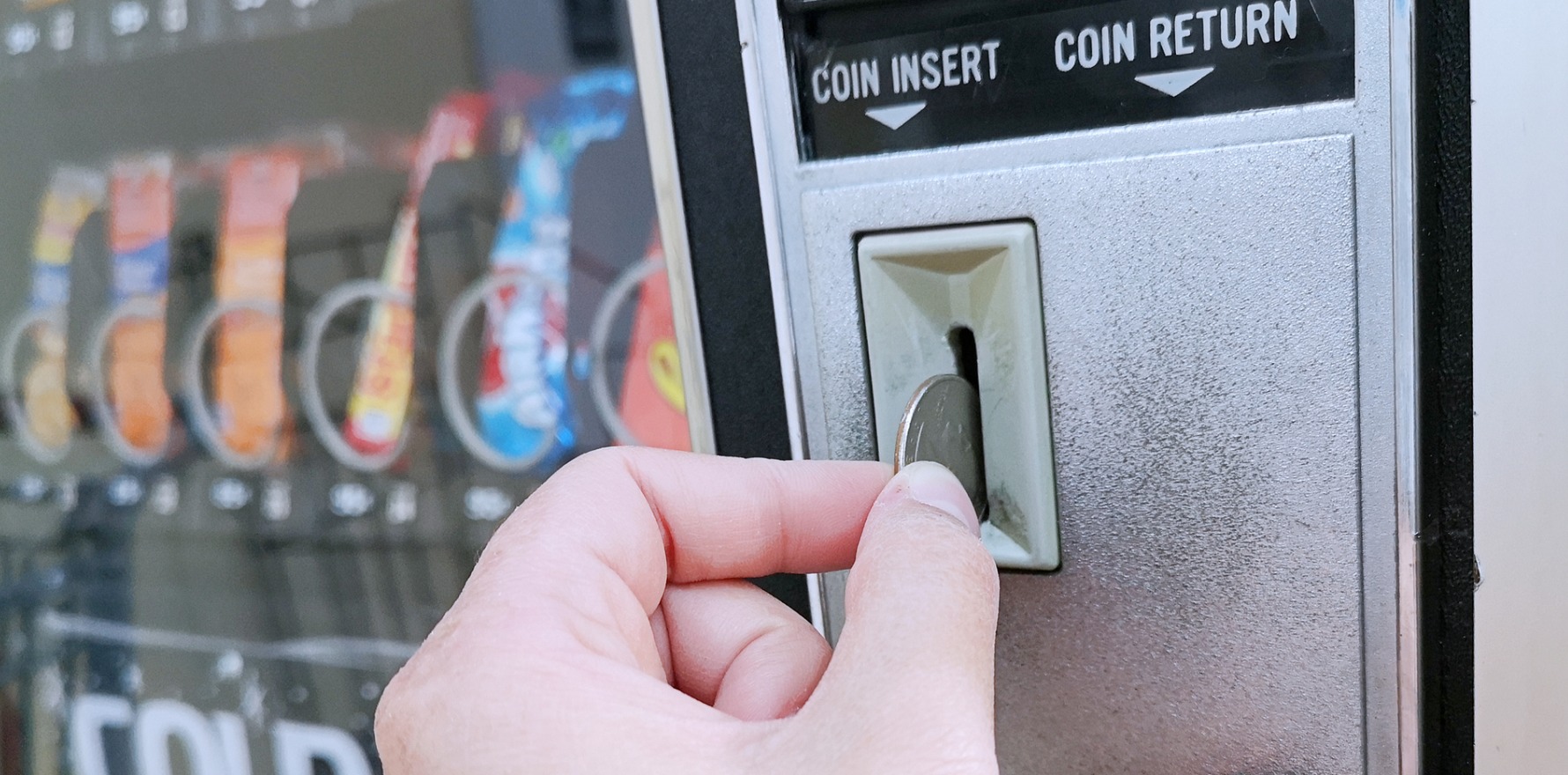The secure messaging software vendor saves time and money for the NSW government – and then it asked GPs to foot the bill.
GPs came close to being forced to pay for a service that they never asked to use this year, after software vendor HealthLink proposed – and swiftly paused – the introduction of $1000 per year subscription fees.
As governments continue to develop interoperability solutions that somewhat ironically only work with one specific product, it’s possible that this will become a pattern.
HealthLink, an end-to-end encryption system that works similarly to Medical Objects, is embedded with several state and federal-based government workflows, particularly in NSW.
The only way to submit fitness-to-drive assessments to Transport for NSW, for instance, is via a HealthLink SmartForm.
“Originally, that was brought in as a huge efficiency gain for government, as they don’t have to do data entry [anymore],” Newcastle-based GP Dr Max Mollenkopf told The Medical Republic.
“That was also a big efficiency gain for patients, because they don’t have to go down and line up [at Services NSW] … it was part of this whole digital transformation, which is great.
“GPs are really on board with it and we really want to be a part of it, but we don’t want to have to subsidise efficiency gains across the health service as a private business.”
Because HealthLink worked directly with the NSW government to produce forms and pathways, GPs do not have the choice of using alternative software providers.
In an email to users sent just before Christmas, HealthLink sent out proposed subscription costs, which ranged from $252 annually for small practices to $1000 annually for clinics with 11 doctors or more.
The company cited a need to be “sustainable” and to cover the cost of “making innovative technological bounds at a rapid pace” as part of its rationale for introducing fees.
In mid-2023, HealthLink was awarded an eHealth NSW contract to the tune of $2.9 million to help develop an eReferral system.
This was followed by a $1.2m contract with HealthShare NSW in 2024.
“I’m not against private providers charging the services in a free and open market,” Dr Mollenkopf said.
“The expectation is that when there are multiple players in a market and they are providing efficiency gains that benefit me as a private business owner and as a professional, that there will be fees associated with it.
Related
“The problem with this is that it is a captive market providing essential services with only one pathway to provide that service, and [HealthLink want to] apply a toll at the gate.”
Part of the reason that it felt so unfair to GPs, he said, was that HealthLink does not solve a problem on the practice end, but rather the state government end.
“You’re directing this toll back on to us as the businesses that are trying to help the government to become more efficient and to help the digital transformation,” the Newcastle GP said.
As various GPs turned to social media to vent their frustrations with the proposed subscription model, the RACGP set a meeting with HealthLink last week.
Following this meeting, the software vendor announced that it had put its plans on ice while conducting a consultation with the college, customers and other stakeholders.
“Digital health initiatives are critical for general practice and helping to improve the health of Australians, but GPs need support for universal uptake,” RACGP president Dr Michael Wright said.
“And these systems should be interoperable.
“After decades of underfunding of Medicare, what we really don’t need is unexpected additional costs.”





